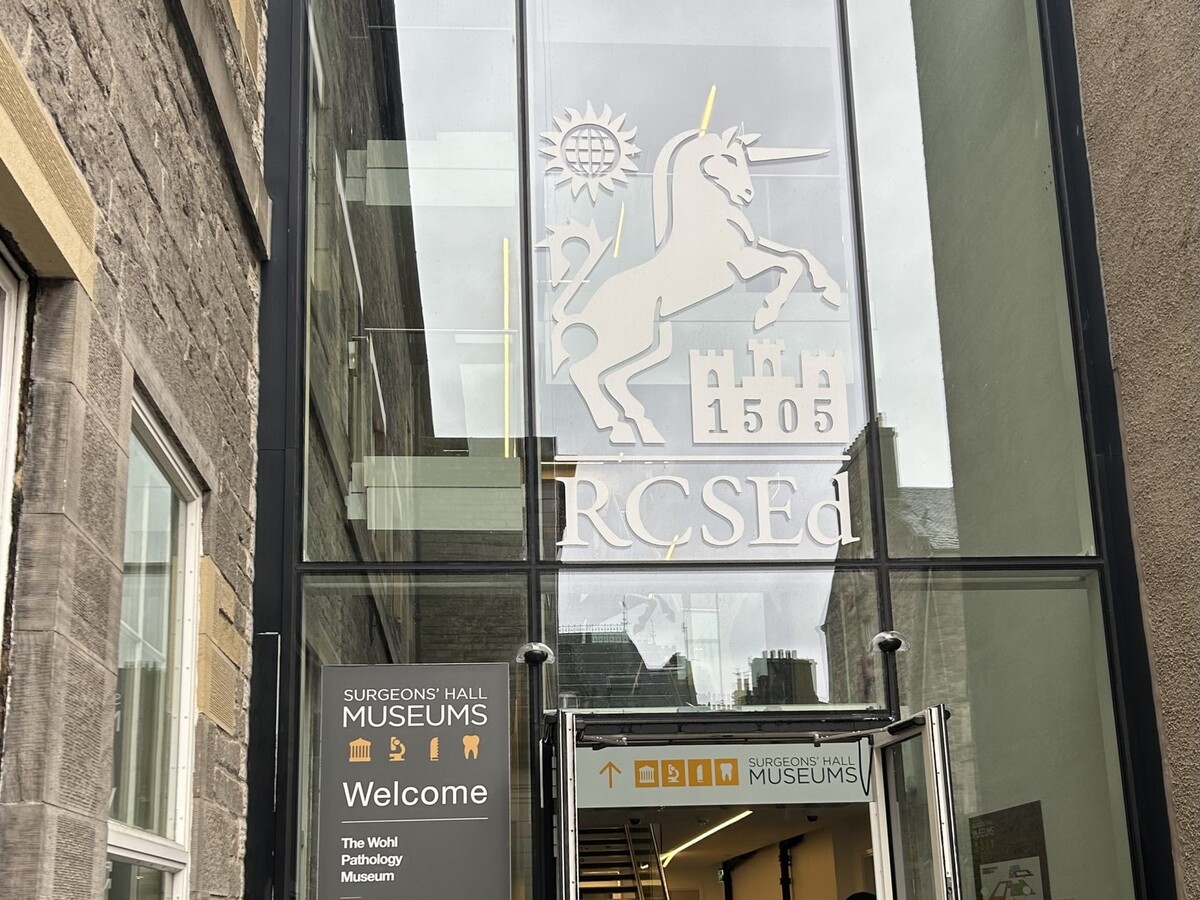I am writing in my capacity as a long-standing member of the Malaysian Medical Council (MMC).
The reason why I am not coming out on the record with my name is because of the ongoing court cases involving the MMC and also because I wish to avoid being dragged into the mud, after having witnessed the toxic and sexist attacks against my colleague, Dr Dayang Anita Abdul Aziz, over her interview with CodeBlue.
I believe that we all want the same thing – which is to resolve the shortage of specialist doctors in Malaysia, especially in the public health service – although our approaches may differ.
Hence, I wish to outline the facts in the issue of the parallel pathway, which I believe will emerge in the court cases involving the MMC.
The Royal College of Surgeons of Edinburgh’s (RCSEd) Cardiothoracic Surgery and the Malaysia-Ireland Training Programme for Family Medicine (MinTFM) programmes were started without due process.
MinTFM never officially consulted the MMC on whether its programme is recognised. As for the Fellowship of the Royal College of Surgeons of Edinburgh in Cardiothoracic Surgery (FRCS Ed CTS) run by the Malaysian Association for Thoracic and Cardiovascular Surgery (MATCVS), RCSEd never sought clarification from the MMC until 2022.
RCSEd met with the MEC and was asked to furnish documents of recognition for the United Kingdom’s General Medical Council (GMC), but the RCSEd never did.
The FRCS Ed CTS was advised to go for accreditation, but they have their own internal issues, which I understand to be problems with financial sharing.
It is NOT the duty of the MMC to tell programmes that they are not recognised. It is the duty of the organisers.
MATCVS and the Ministry of Health (MOH) were the ones who had promised the cardiothoracic surgery students registration on the National Specialist Register (NSR), not the MMC.
From an academic standpoint, there is no such thing as a “parallel pathway” or a “parallel programme”. An academic programme is to be named as such.
If it is an accounting programme, you can opt for the Bachelors of Accountancy, Bachelors of Accounts and Finance, the Association of Chartered Certified Accountants (ACCA) or the Institute of Chartered Accountants in England and Wales (ICAEW).
Nobody calls the ACCA or ICAEW as a “parallel pathway” or “parallel programme”. Even in the UK, where the FRCS Ed CTS originated, it has never been documented as a “parallel programme”.
I have repeated this many times – a “parallel programme” is a terminology accepted in computing, but I have certainly not heard it applied to professional and academic training programmes. Correct me if I am wrong.
An academic programme must go through the process of approval, quality assurance by a regulatory body, and then the recognition process. The so-called “parallel programme” for medical specialty training, in its implementation in Malaysia, does not comply with any of these requirements.
The Medical Act (Amended) 2012 and Medical Regulations 2017 changed the landscape for recognition of international specialist qualifications. For administrative purposes, the MMC adopted the 2017 NSR list; this list is now in dispute.
International Fellowship and Membership programmes run out of the country of origin are not recognised as equivalent in the country of origin. The FRCS Cardiothoracic is a case in point.
As an illustration, the website for the UK FRCS is different from the international JSCFE FRCS.
The JSCFE website states as a disclaimer that it is only Intercollegiate Specialty Examinations that are regulated by the GMC. Therefore, only the Intercollegiate Specialty Examinations are recognised by the GMC and Medical Council in Ireland as the test of knowledge within the approved UK/ Ireland surgical curricula.
The FRCS JCIE is run fully in the UK and regulated by the GMC, whereas the JSCFE FRCS is run commercially in Malaysia, among other places. It is not regulated by the GMC and for Malaysia, it is not regulated by any regulatory body.
Hence, there is a question on the legality of this programme.
Another example is the so-called Family Medicine Parallel Pathway programme, or MinTFM. This programme did not go through the regulatory processes required in Malaysia.
It is not recognised by the Irish Medical Council and it is not an accredited programme in Malaysia. Most of those admitted into this programme are from the MOH under the sponsored training scheme. Some of the students are in their final year of training.
MinTFM is now applying for recognition, when this should have been done before the MOH commenced this programme. MinTFM’s website does not mention that this programme is recognised either in Ireland or Malaysia.
A pertinent point: can we recognise an academic programme which is not recognised in the country of origin? If so, where is the legal provision?
When the MOH – the country’s biggest health care provider – runs training programmes for doctors, two major impacts occur.
First, this compromises patient care because the same specialists are engaged in teaching-learning activities (and assessment). If a specialist spends 30 per cent of their time on training, that time is taken off from their core duty of patient care.
Second, the whole design of hospitals is for services. Running specialty training will put pressure on already limited resources for the hospital.
Granted that in-service training can be done casually, but structured academic training belongs to the university.
A university can capitalise on government hospitals to expand its postgraduate specialist training programme. This, in my opinion, is the direction we should look into.
- This is the personal opinion of the writer or publication and does not necessarily represent the views of CodeBlue.






